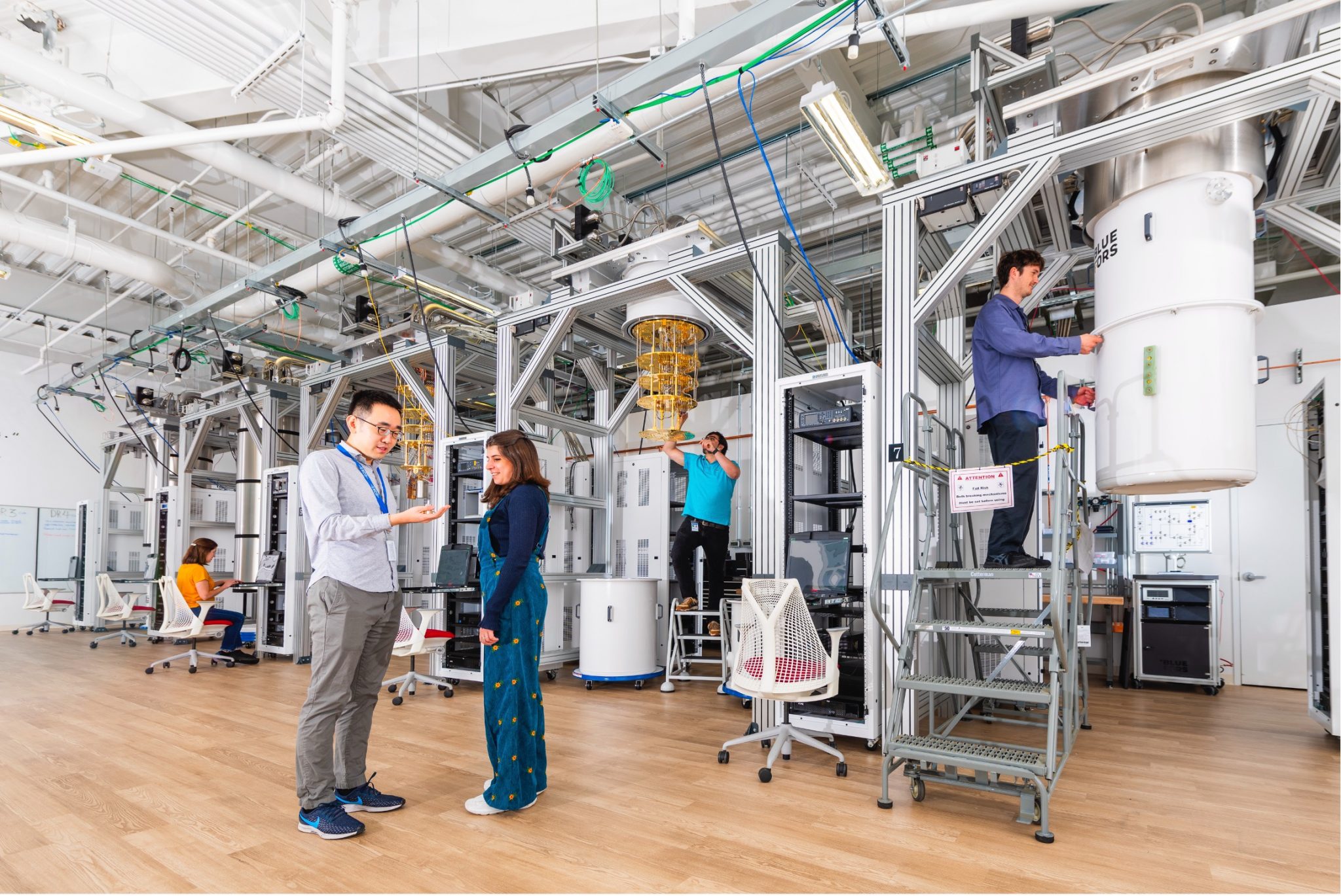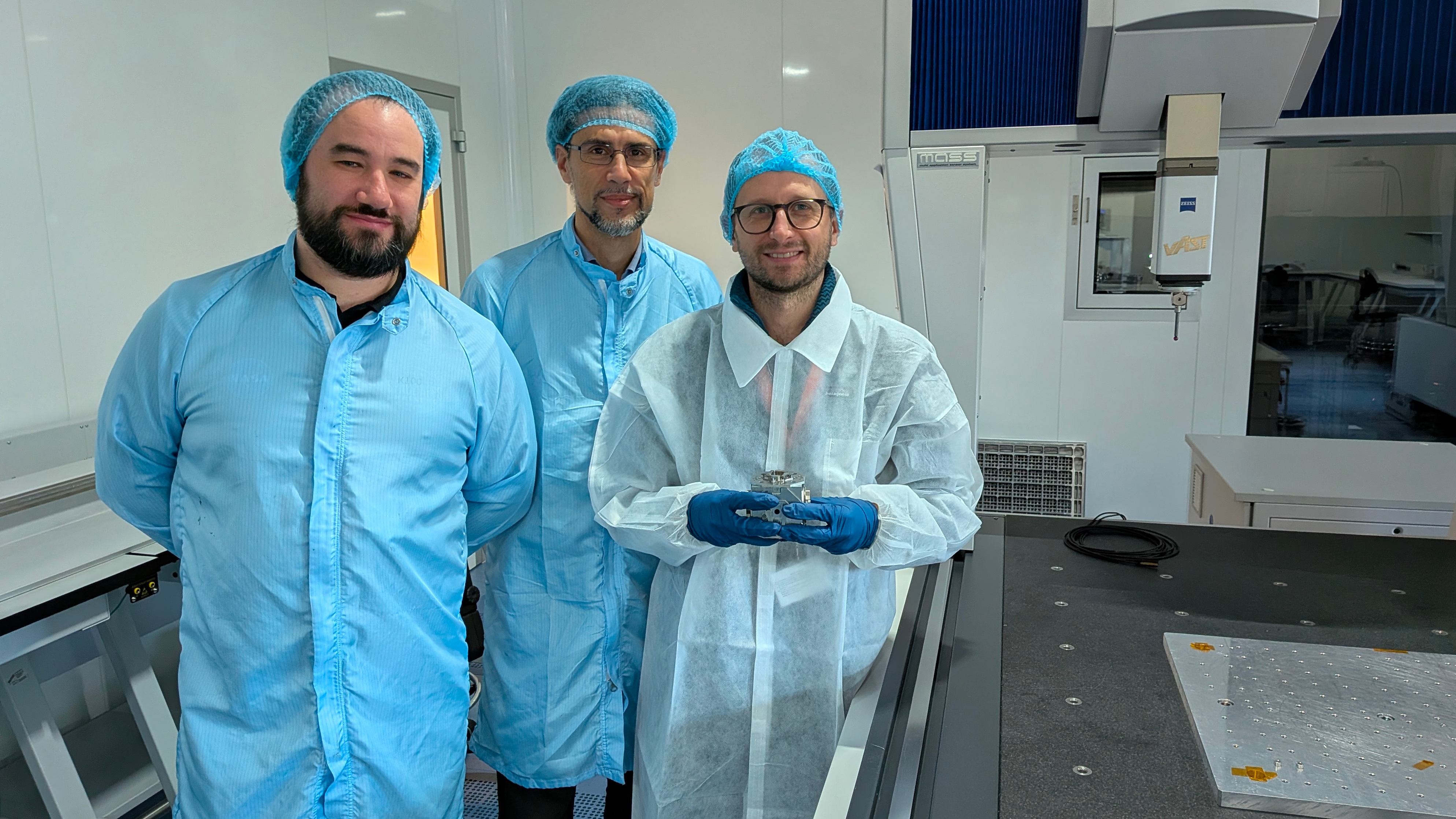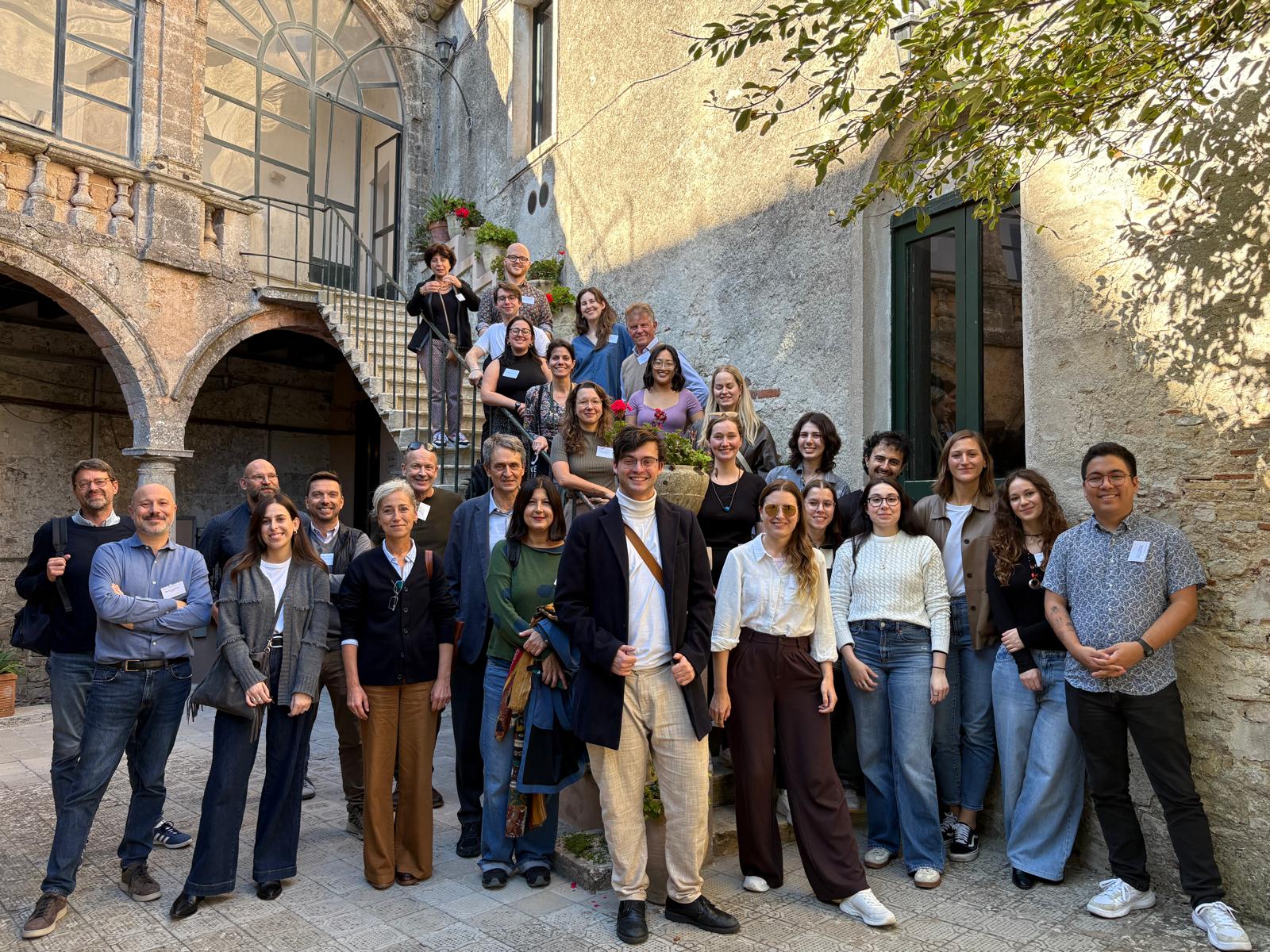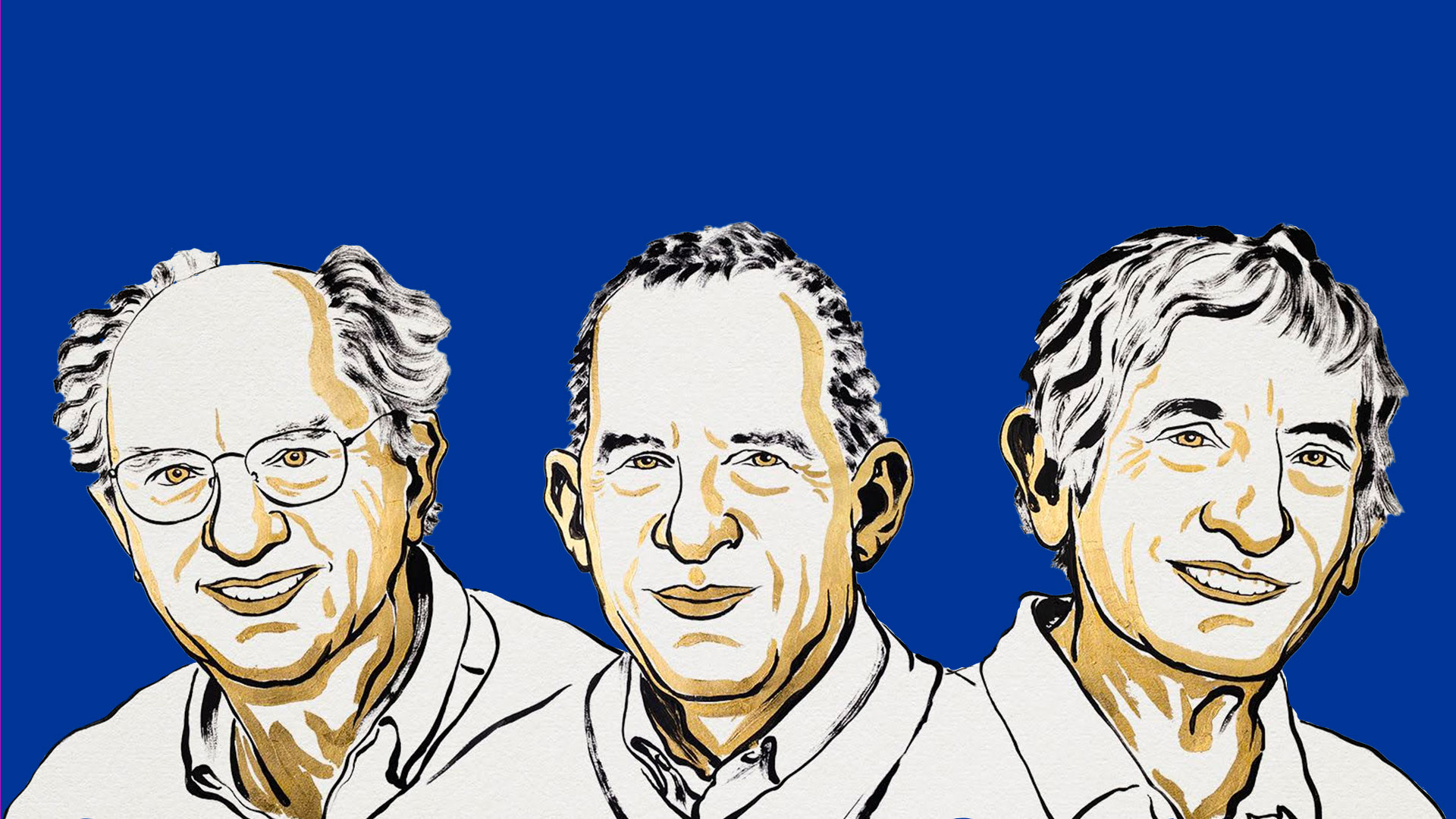 April 12th, in the Italian Embassy in Moscow, and in the presence of Italian President Sergio Mattarella, the INFN and the Joint Institute for Nuclear Research (JINR) renewed their framework agreement on scientific cooperation. The agreement was signed by the President of INFN Fernando Ferroni and the Director of JINR A. Victor Matveev. The signing ceremony was attended by Cesare Maria Ragaglini, the Italian Ambassador in Moscow, Pietro Frè, Scientific Representative of the Embassy, and the INFN Italian delegation. The agreement, which was renewed for six years (2017-2022), stands in a tradition of broad cooperation, involving both theoretical and experimental aspects of nuclear, high energy and astro-particle physics and technological research; and it provides for collaborations between the two institutes consisting in exchanges of researchers, of information, of technologies and of scientific equipment. The agreement also aims to promote the shared organization of events that may stimulate and facilitate all these collaborations, such as scientific workshops, conferences, and training schools. All these activities will be coordinated by a Joint Committee which will be in
April 12th, in the Italian Embassy in Moscow, and in the presence of Italian President Sergio Mattarella, the INFN and the Joint Institute for Nuclear Research (JINR) renewed their framework agreement on scientific cooperation. The agreement was signed by the President of INFN Fernando Ferroni and the Director of JINR A. Victor Matveev. The signing ceremony was attended by Cesare Maria Ragaglini, the Italian Ambassador in Moscow, Pietro Frè, Scientific Representative of the Embassy, and the INFN Italian delegation. The agreement, which was renewed for six years (2017-2022), stands in a tradition of broad cooperation, involving both theoretical and experimental aspects of nuclear, high energy and astro-particle physics and technological research; and it provides for collaborations between the two institutes consisting in exchanges of researchers, of information, of technologies and of scientific equipment. The agreement also aims to promote the shared organization of events that may stimulate and facilitate all these collaborations, such as scientific workshops, conferences, and training schools. All these activities will be coordinated by a Joint Committee which will be in
charge of monitoring the initiatives of mutual interest, regulating the exchange of information on national andinternational activities, and proposing implementation arrangements for specific research projects, appropriate measures for the coordination of the activities and joint initiatives for the promotion and scientific advancement of the results. The research agreement between the two scientific institutes has deep roots, ideally tracing the origin of this successful cooperation between Italian and Russian physics to the historical figure of Bruno Pontecorvo, who conceived, in the laboratory in Dubna, all the ideas that make him one of Physics main players of the last century.





